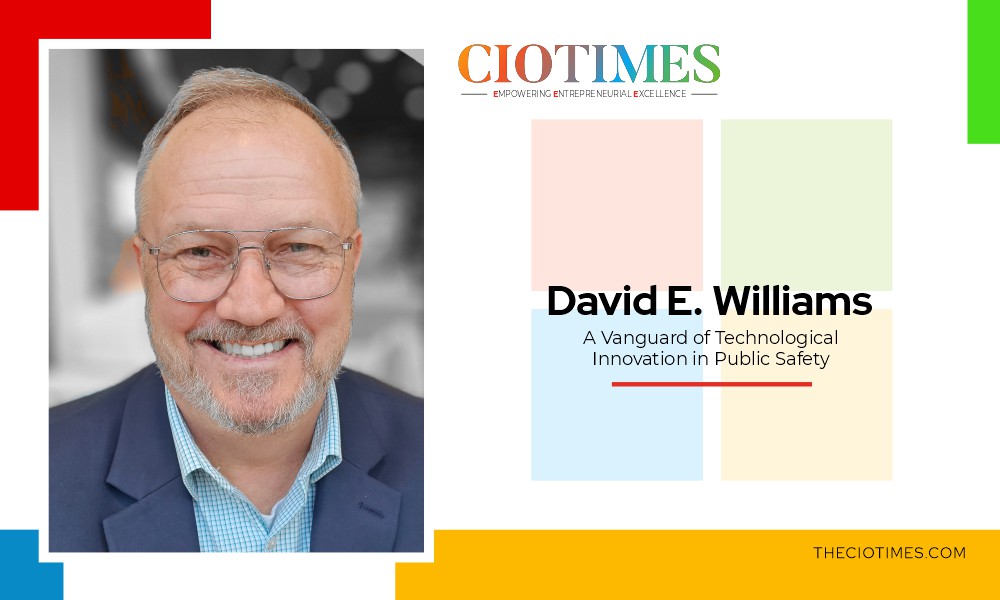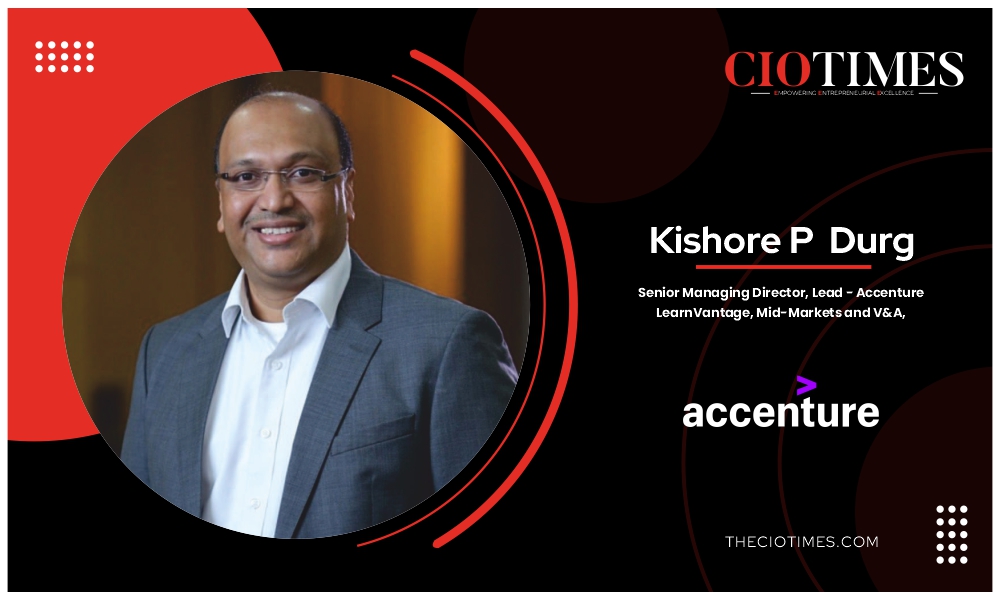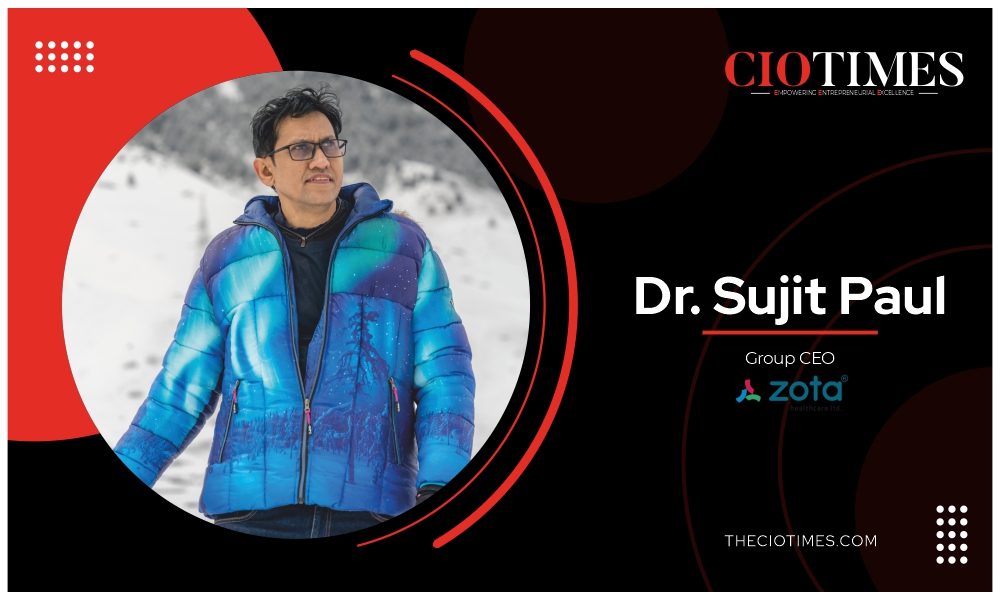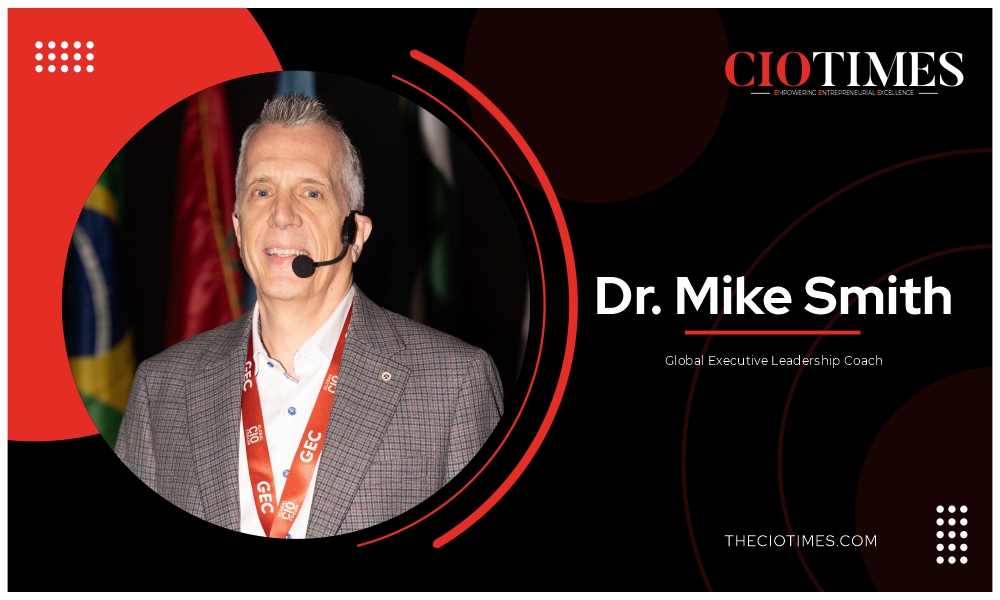As the Director of Business Programs for the Worldwide Government at Microsoft, David Williams is a passionate advocate for the role of technological innovation in public safety and justice. With a career spanning over a decade in technology companies focused on intelligence, investigations, and data analytics, David has been instrumental in developing solutions that help ensure community safety, while bolstering the capabilities of law enforcement agencies across the globe.
A retired Major from the United States Army, David’s 24 years of distinguished service in the Infantry, Signal, and Civil Affairs branches have imbued him with a profound understanding of the operational needs within the defense and intelligence sectors. What sets him apart is his willingness to roll up his sleeves and work on anything. His guiding principle has always been to lead by example. His military background, combined with his passion for public safety, drives him to leverage technology to augment and assist the dedicated individuals protecting citizens worldwide. Over the years, he has emerged not just as a leader; but as a catalyst for change, inspiring others to join him in the quest to create a safer, more just world through the intelligent use of technology.
The Journey
In the mid-1980s, David joined the military, specifically the infantry. While with the military, he spent a few years in the Signal Corps which focuses on communication systems. It was outside his comfort zone having come from the frontline Infantry world. However, it was one of the greatest growth opportunities he ever experienced. He was suddenly in a world where he was not an expert. He had to learn to rely on others, collaborate, listen, and then make decisions based on a myriad of advice. It had a profound effect on his leadership style. He also developed a love for taking complex technical issues explaining them and applying them in a way that makes sense to non-technical audiences.
In a few short years, David left the Signal Corp and joined Civil Affairs (CA). CA is where he learned how to lead indirectly, through influence and example. When one is a part of a four-person team working with a broad range of organizations from Non-governmental organizations to foreign militaries and diplomatic organizations, one must learn a whole new set of skills to be effective and achieve the objectives, and so did David.
After retiring from the military, he moved into the private sector where David learned to hone his leadership skills and apply them to a new paradigm of leading in a setting that didn’t include the rigid structure of the military. This shift included the need to understand business and how businesses operate. He learned to stay focused on the objective and to truly understand and empathize with the needs and requirements of customers, while keeping in mind that business must be profitable to thrive. Now at Microsoft, David leverages his institutional knowledge from his years of service and experience to help guide strategy in support of account teams and government customers. The skills David developed over 24 years of military service and 10 years working in several businesses have equipped him with the right tools to be a successful contributor to the team and organization.
Microsoft for Public Safety and Justice
Microsoft is actively involved in enhancing public safety and justice through a variety of solutions and services. Its initiatives in public safety and justice are designed to empower agencies to improve operations and protect communities. By leveraging cloud and edge-enabled technology solutions, Microsoft aims to increase safety, accountability, and transparency within communities.
Key areas of focus include:
- Transform Emergency Response: Microsoft integrates systems, modernizes communications, and automates processes to enhance the efficiency of emergency responses.
- Enable Investigations and Analysis: Tools like Azure AI and PowerBI help automate the acquisition, processing, and distribution of investigative data, enhancing analysis and evidence discovery.
- Modernize Court Operations: Digital transformation of justice systems is facilitated through e-filing, e-portals, and legal case management solutions, ensuring secure and transparent proceedings.
- Digitize Offender Management: Offender case management solutions simplify post-trial transitions and maintain operational oversight among jurisdictions.
- Community Engagement: Microsoft fosters community engagement by providing comprehensive public safety data insights and enhancing communication channels.
Microsoft’s commitment to cybersecurity and compliance with has been pivotal in its strategic choice for long-term digital transformation. The use of Microsoft technology in courts has helped enable open justice and positioned them at the forefront of Legal Tech.
Microsoft collaborates with partners to bring together products that help support these initiatives, such as Azure Cognitive Services, Power Apps, and Microsoft Teams. These collaborations aim to build robust, secure solutions that support mission-critical operations and compliance. Microsoft’s role in public safety and justice reflects its dedication to providing access to data and technology that support alternatives to incarceration, new models of public safety, and data-driven insights to address societal challenges.
Leading in Challenging Situations
Probably the most significant challenge David faced as a leader was to man, equip, train, certify, prepare, and lead an organization on a combat deployment with less than six months and no assigned people or equipment on day one. The team rapidly grew and rose to the challenge, accomplished everything, and arrived on schedule to relieve another unit that had been extended for six months due to their original replacement unit being deployed to another theatre.
“I purposely said we because this was a team sport. We overcame the challenge by working hard, staying organized, focusing on the highest priorities, and relying on everyone to do their job and ask for help if they needed it,” says David.
David suggests that his most professional accomplishment is measured in the people from organizations that he led who have gone on to be very successful leaders of their own organizations. “I hope that I provided them with a few skills and imparted some lessons learned that helped them in their journeys,” he says.
Momentous Work
While David’s military services and private sector career has included many successful projects, he is particularly proud of the work he has done with one of Microsoft’s partner, SAS Institute. When asked to assist in a strategic go-to-market (GTM) motion within the government, David was delighted. It was very interesting to see the coming together of a partner like SAS that has a deep pedigree in data analytics and has many customers across government and a massive technology company like Microsoft.
“Each organization has its strengths and weaknesses and its own processes that are deeply rooted in culture and history. Working together on shared sales pipeline, emerging markets, potential customers and the related strategy is the easy part. The hard part is building trust and rapport at the account manager level getting everyone to buy into a better together story and collaborating on opportunities. I am proud to say that we have started to see relationships, trust, and mutual respect develop across several accounts. This is bearing fruit in co-sell wins and expanding opportunities,” he shares.
Making Difficult Decisions
Over the years, David has had to dismiss some people from their roles. This is always hard for him because there are many factors involved. One must think about how it affects them, their family, and the organization.
“I approach this by trying to avoid doing it impulsively. I always try to collect the facts, consider all the consequences, and then decide. However, as a leader, I think that you
must make these decisions based on what is best for the organization,” he says.
Growing as a Leader
David tries to set aside several hours each week to try new things, like learning how to use generative AI for various customer use cases and his own productivity. He also multi-tasks by listening to podcasts while doing other tasks that don’t require full concentration. He also dedicates a few hours per week to reading anything he can find that applies to his role, technology, or customers.
David’s thought leadership is evident in his contributions to Microsoft’s industry blogs, where he explores the challenges and opportunities presented by the growth in digital evidence. His insights into the application of AI and machine learning to manage and analyze data effectively have positioned him as a key figure in shaping the future of public safety technology. He also participates in Microsoft Inspire sessions, where he shares his vision for cyber resiliency in government, emphasizing the need for secure solutions that adapt to the evolving cybersecurity landscape. His commitment to innovation is not just about embracing new technologies but also about fostering a culture of ethical practice and impact-driven work.
A Positive and Collaborative Tomorrow
For David, fostering a positive work culture really comes down to being positive. He takes the time to point out the great things people are doing and suggests the same to other leaders. He praises good things and people publicly. If there needs to be criticism, he does so too, but in private. “The best way to drive collaboration is to be collaborative. Include others, listen to every voice, and make people a part of the process. They will emulate your example or come to you for collaboration as you have done with them,” he says.
To help people stay innovative, David feels it’s a good idea to challenge people to learn and try new things. As a leader, one must ask them tough questions. “Don’t be afraid to admit mistakes and show that you can adapt to change. I also am a huge fan of telling people what you want them to do but not how to do it. People will be innovative if you don’t stifle their initiative,” he suggests.
“The future of leadership is about creating a culture of trust and professionalism. In the era of work-from-home and hybrid work, you must rely on people to do what is right even when no one is looking. That must be baked into the culture and culture is created by leaders. I plan to continue evolving by being open-minded, humble, and learning something from everyone I meet,” concludes David.
Rapid Fire Questions:
- Favorite leadership book or resource: “Principle-Centered Leadership” by Stephen R. Covey
- One word to describe your leadership style: Example
- Biggest lesson you’ve learned as a leader: You don’t have to be the expert.
- Favorite productivity hack: Send all cc emails to a different folder than my main inbox.
- Best piece of advice you’ve ever received: Trust but verify.
- Favorite leadership quote: Leaders eat last!
- Advise for aspiring Leaders: Work hard, be confident, stay humble, and focus on the things you can affect.
One of David’s partners with SAS, Carl Hammersburg, Sr. Manager of Government and Health Care Fraud and Compliance, had this to say about the partnership with Microsoft, and working with David specifically: “Microsoft is a world-class organization. I grew up in the backyard of their Redmond, Washington, headquarters, and have been able to work with many people there over the years. The partnership SAS and Microsoft over the last 4 years sets a new bar in my decades working with government and business organizations, one driving real-world solutions to protect citizens and improve lives through the use of data, AI and analytics. Any time I have the opportunity to work with David, I know he’s going to bring insights, determination and passion to his work. Whether we are working on a specific customer’s challenges or goals, or speaking on a panel together at a conference, I know he’ll bring his decades of experience and thoughtful approach to the subject at hand, and I need to bring my A-game to keep up. “
Quote: “Public safety, justice, and defense organizations seek cost-effective ways to meet evolving requirements and enhance operational security, effectiveness, and efficiency.”
Quote: “We have the opportunity to work together to help optimize our partner organization’s operations, transform missions and services, empower service personnel and engage the citizens they protect.”
Quote: “Dynamic leaders need to possess great listening skills, and the ability to adapt to both the person being led and the situation while always maintaining a drive towards mission accomplishment.”




